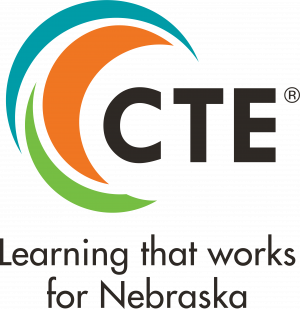College & Career Options
Immersing a school in rich career development experiences for a wide variety of career options opens up a world of possibilities for every student. Life-long learning is necessary for long-term career success and is essential for student growth. This growth begins in elementary school and continues throughout adulthood.
What do you need to know?
Student self-confidence in their abilities to succeed after high school can be encouraged early in their education. By creating a postsecondary going culture, all students will have the necessary vocabulary and skills needed to pursue education and training confidently after high school.
Awareness of postsecondary education, training and career options doesn’t just happen, it needs to be integrated into the culture of a school. It takes intentional school-wide planning to develop this culture at every grade level. Through embedding college and career vocabulary, experiences and expectations into every aspect of the school, students see that planning for after high school isn’t just an option but is rather an expectation. The Nebraska Career Development Model provides the framework for school-wide planning.
Defining “college and career options to include all varieties of postsecondary education and training” is essential as students begin their career journey. In our current economy, it is important to dispel the myth that everyone must take the same path to career success. All options are a way to learn and gain skills. Different career goals require different preparation.
When a student is well versed in career planning, that student can confidently pursue the most appropriate and best-fitting option to their strengths and career goals. All postsecondary options are to be explored, including:
Entrepreneurship
Employment
On-the Job Training
Military
Certifications
Diplomas
Apprenticeships
Associate Degree
Bachelor’s Degree
Specialist’s Degree
Master’s Degree
Doctoral Degree






